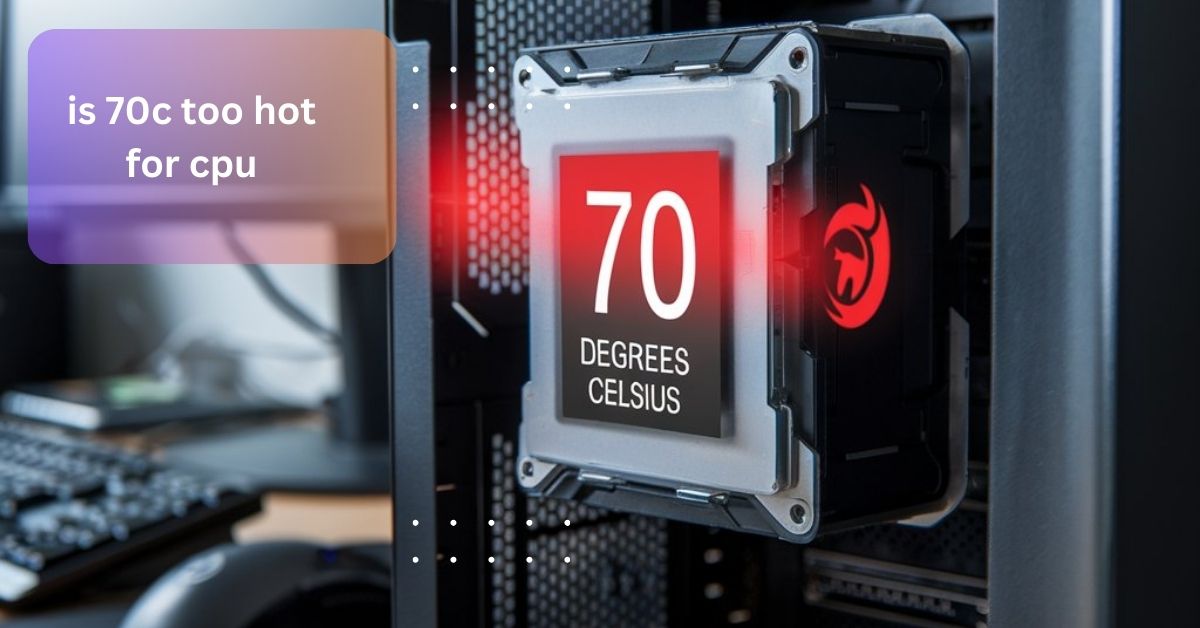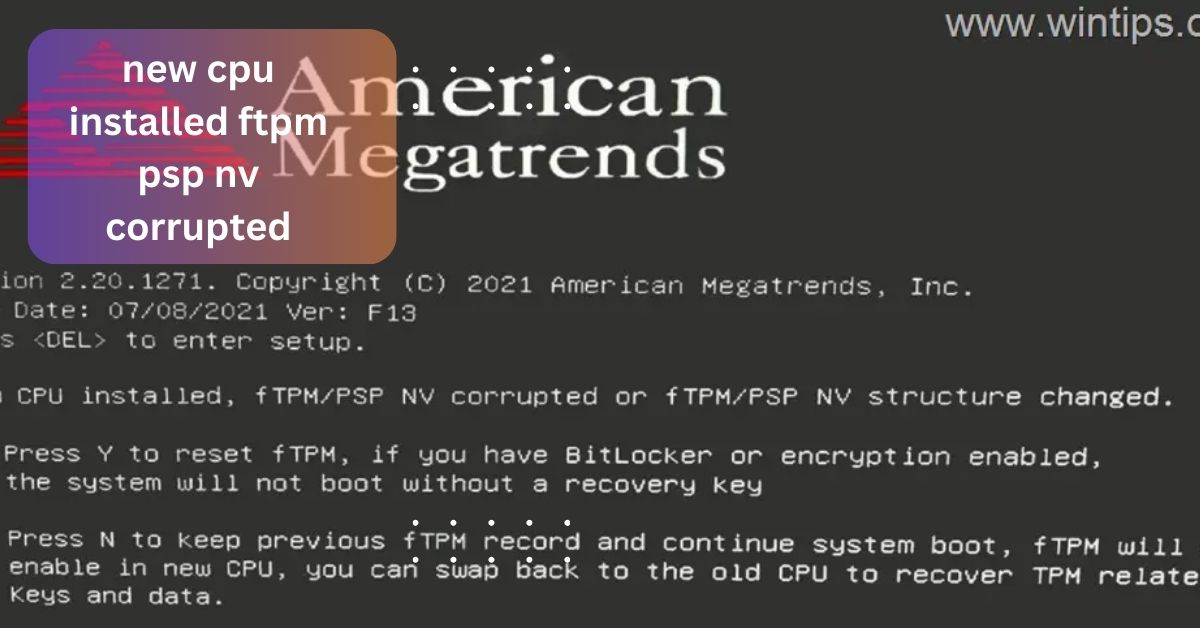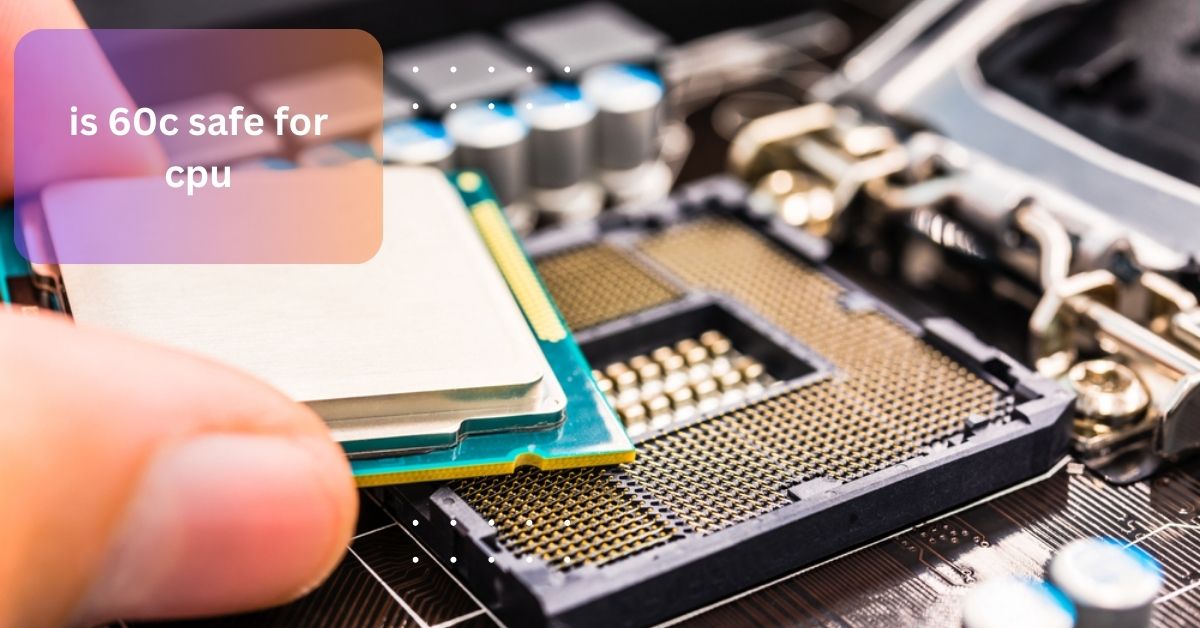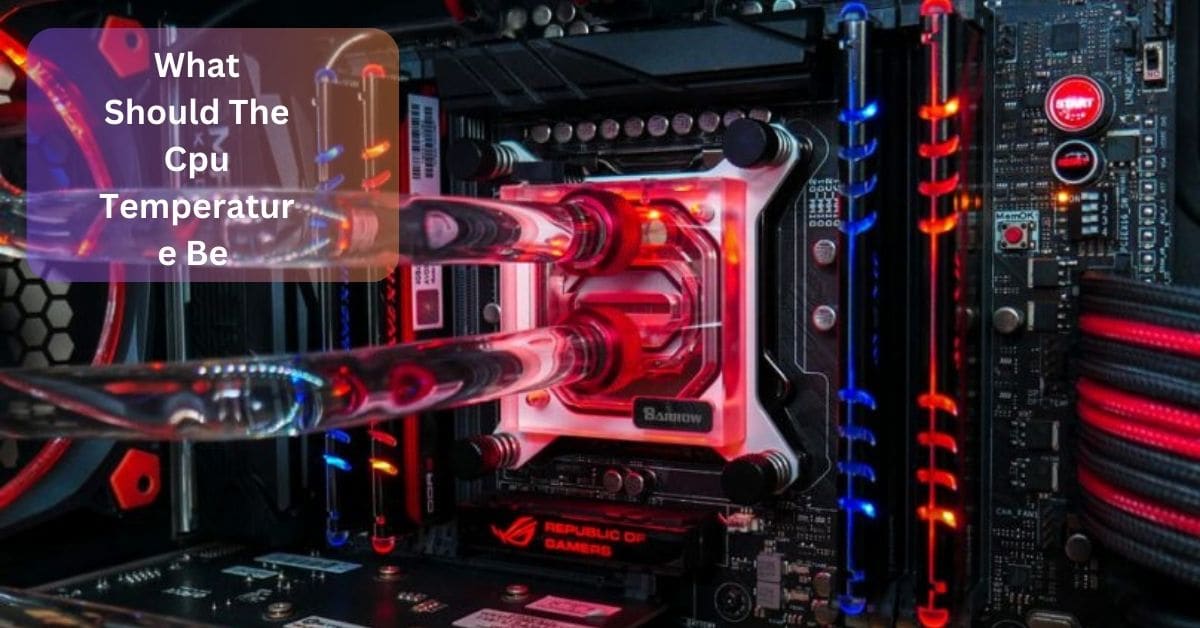I noticed my server’s performance was slowing down, and after checking Zabbix, I found the CPU Privileged Time was unusually high. It turned out to be a faulty network driver causing excessive system-level processes.
CPU Privileged Time is too high in Zabbix suggests excessive system processing, often caused by faulty drivers, hardware issues, or high I/O. To reduce load and improve performance, update drivers and optimize hardware resources.
We will talk about the issue of CPU Privileged Time being too high in Zabbix, exploring what it means, its common causes, and how to address it.
What is CPU Privileged Time?
CPU Privileged Time refers to the amount of time the CPU spends executing system-level operations, also known as kernel mode tasks. These operations include managing hardware resources, handling interrupts, and executing device driver code.
Unlike CPU User Time, which tracks the CPU’s involvement in running applications and user-mode processes, Privileged Time deals with critical system functions that ensure the operating system and hardware run smoothly.
When the CPU operates in Privileged Mode, it directly interacts with hardware, such as managing memory, disk I/O operations, and network communication. While some level of privileged time is normal and necessary, an abnormally high percentage can indicate that the system is spending too much time managing low-level processes instead of focusing on application-level tasks.
Why is CPU Privileged Time important to monitor?

1. System Performance Monitoring:
High CPU Privileged Time means the CPU is focused on system tasks rather than user applications, which can slow down overall performance. By keeping an eye on this metric, you can detect imbalances between system and user-mode operations.
2. Identifying Driver or Hardware Issues:
Faulty or outdated device drivers and hardware problems are common causes of excessive CPU Privileged Time. Monitoring this metric can help you spot potential issues early, allowing you to address drivers or hardware that are consuming too much system time.
3. Efficient Resource Management:
By tracking CPU Privileged Time, you can manage system resources more effectively. When this value is high, it could indicate that too many resources are being diverted to handling interrupts, I/O operations, or kernel-level tasks.
4. Troubleshooting Performance Bottlenecks:
If your applications are slow or unresponsive, high CPU Privileged Time may be a sign that system-level processes are bottlenecking performance. By monitoring this, you can determine whether the bottleneck is related to system functions.
What is considered a high value for CPU Privileged Time?
To figure out what counts as a high value for CPU Privileged Time, you need to know what’s normal for your system’s workload. Usually, CPU Privileged Time should be less than CPU User Time. If CPU Privileged Time is regularly over 30%–40% of the total CPU time, it might be a sign of a problem.
This percentage can vary based on the nature of your applications and services; for instance, systems handling significant hardware interrupts or I/O operations might naturally have higher privileged time. However, even in these scenarios, excessively high values could indicate underlying issues such as faulty drivers or hardware problems.
What are the common causes of high CPU Privileged Time?
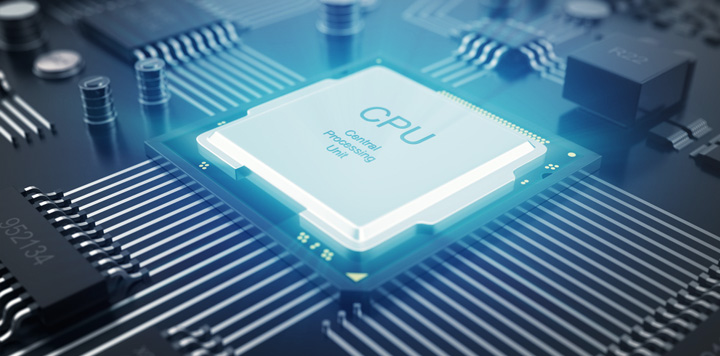
High CPU Privileged Time can arise from several underlying issues that cause the CPU to spend an excessive amount of time on system-level tasks. Common causes include faulty or outdated device drivers, which may lead to improper hardware interactions and unnecessary interrupts.
Additionally, high volumes of disk or network I/O can significantly increase privileged time as the CPU manages these intensive operations. Frequent or poorly managed hardware interrupts, such as those from network cards or disk drives, can also contribute to elevated privileged time.
How can Zabbix help monitor CPU Privileged Time?
Zabbix offers robust capabilities for monitoring CPU Privileged Time , helping ensure your system’s optimal performance. It allows you to set up custom performance metrics to track CPU Privileged Time using built-in counters or scripts tailored to your operating system.
With real-time monitoring, Zabbix enables you to observe this metric continuously, detecting any sudden spikes or sustained high values promptly. Additionally, Zabbix’s historical data analysis features let you review past performance trends, aiding in the identification of persistent issues and enabling informed decision-making for system optimization.
How do I check CPU Privileged Time in Zabbix for a Windows system?
To check CPU Privileged Time in Zabbix for a Windows system, start by making sure the Zabbix agent is installed on the machine you want to monitor. This agent is needed to collect and send system data to the Zabbix server. After installing it, update the `zabbix_agentd.conf` file with the correct server and hostname settings.
Next, log into the Zabbix web interface, navigate to the Configuration tab, and select Hosts to choose the relevant host. Under the Items tab, create a new item with the type set to `Zabbix agent` and use the key `system.cpu.util[,priv]` to monitor CPU Privileged Time.
What role do hardware interrupts play in CPU Privileged Time?

- Resource Management:Hardware interrupts signal the CPU to handle urgent tasks, such as I/O operations or device requests, requiring it to switch from user mode to privileged mode for processing.
- Increased CPU Load:Frequent or high-priority interrupts can lead to increased CPU Privileged Time, as the CPU must spend more time managing these interrupts and handling related system-level tasks.
- Impact on Performance:High levels of hardware interrupts can cause performance degradation, as the CPU dedicates significant time to system tasks rather than executing user applications, potentially leading to slower system response times.
- Interrupt Handling Overhead:The overhead associated with processing hardware interrupts, including context switching and interrupt handling routines, contributes to higher CPU Privileged Time, impacting overall system efficiency.
- Potential Bottlenecks:Excessive or poorly managed hardware interrupts can create bottlenecks, affecting the system’s ability to handle other tasks effectively and increasing the amount of time the CPU spends in privileged mode.
Can high CPU Privileged Time cause system performance issues?
High CPU Privileged Time can indeed lead to significant system performance issues. When the CPU is spending a large portion of its time on system-level tasks, such as managing hardware interrupts or running kernel processes, there is less processing power available for user applications.
This imbalance can result in slower application performance and increased latency, affecting the responsiveness of software and overall user experience. Additionally, elevated privileged time can decrease system throughput by creating bottlenecks in data processing, which impacts tasks like file transfers and network communication.
FAQS:
1.Can faulty hardware lead to high CPU Privileged Time?
Malfunctioning hardware, such as defective network cards or disk drives, can generate frequent interrupts and errors, causing the CPU to spend more time managing these issues in privileged mode.
2. How can I optimize my system to reduce CPU Privileged Time?
To reduce CPU Privileged Time update device drivers and address hardware issues causing excessive interrupts. Optimize system settings and balance workloads to improve overall CPU efficiency.
3. How can I monitor CPU Privileged Time on Linux in Zabbix?
To monitor CPU Privileged Time on Linux in Zabbix, configure the Zabbix agent to collect CPU metrics using the key system. Add this item in the Zabbix web interface under the host’s configuration.
4. How does the CPU scheduler impact CPU Privileged Time?
The CPU scheduler affects CPU Privileged Time by managing how system tasks are prioritized. An inefficient scheduler can increase privileged time by causing frequent interruptions and poor task management.
Conclusion:
High CPU Privileged Time in Zabbix means the CPU is overburdened with system tasks, which can slow down applications and reduce efficiency. Monitoring this helps address issues and optimize performance.
Read More:
- Cpu Temperature And Cooling – Tips For Performance!
- CPU Machine Check Architecture Error Dump: What It Is and How to Address It!
- No Or Unknown Cpufreq Driver Is Active On This Cpu- Solutions and Insights!







